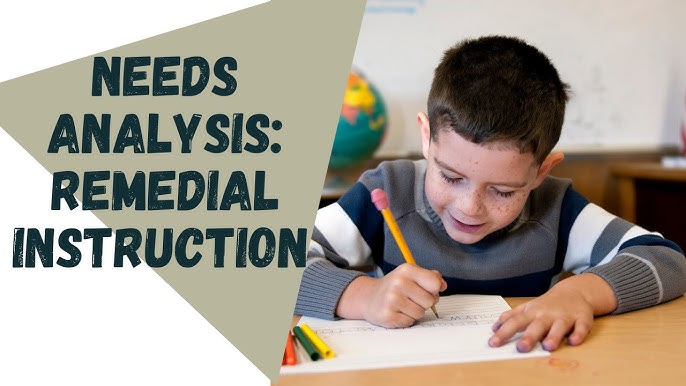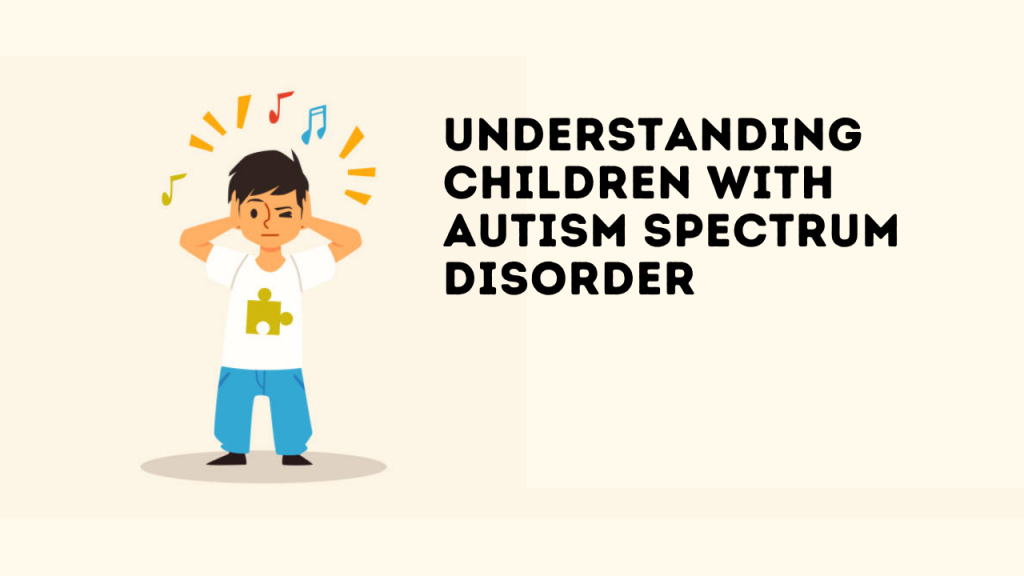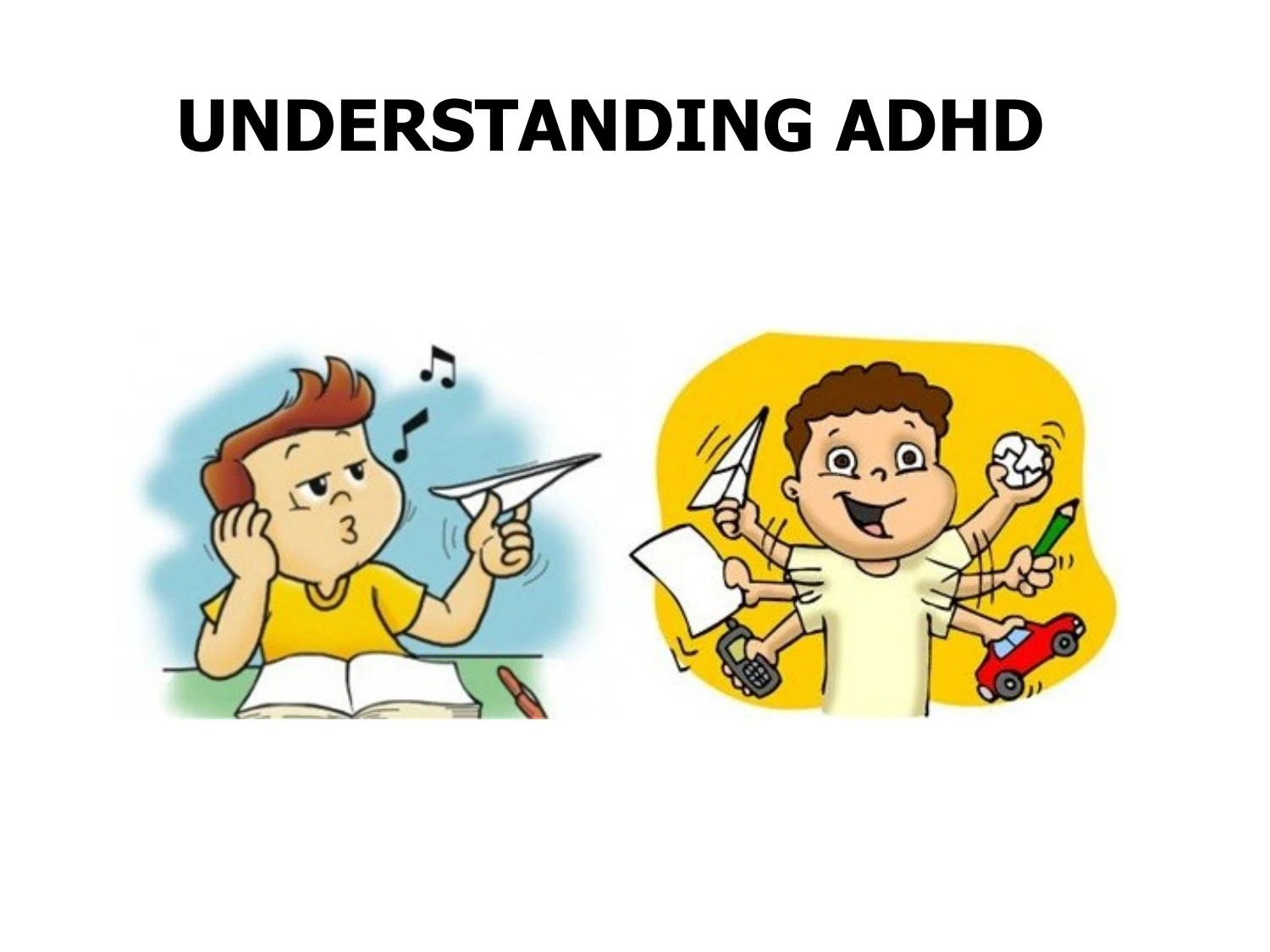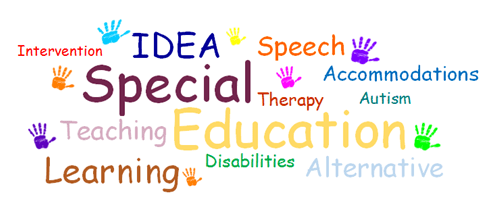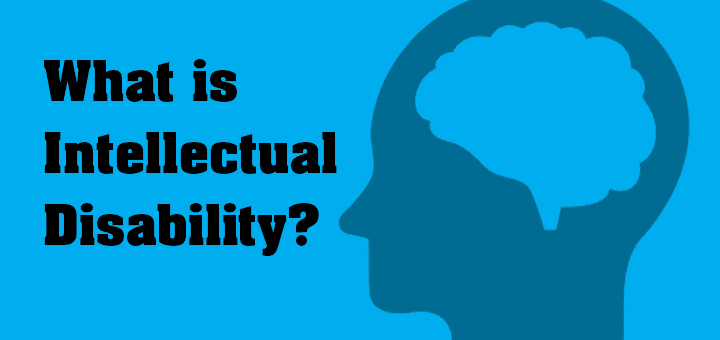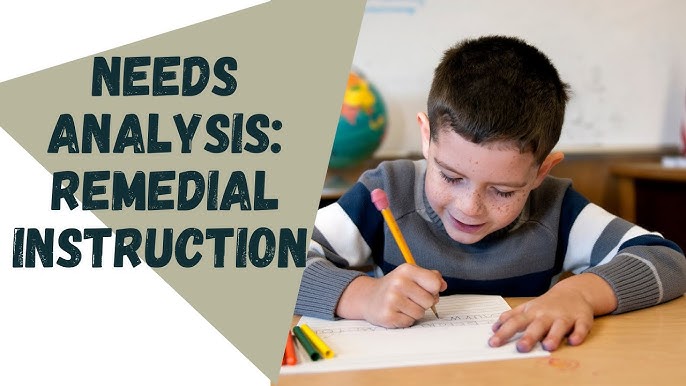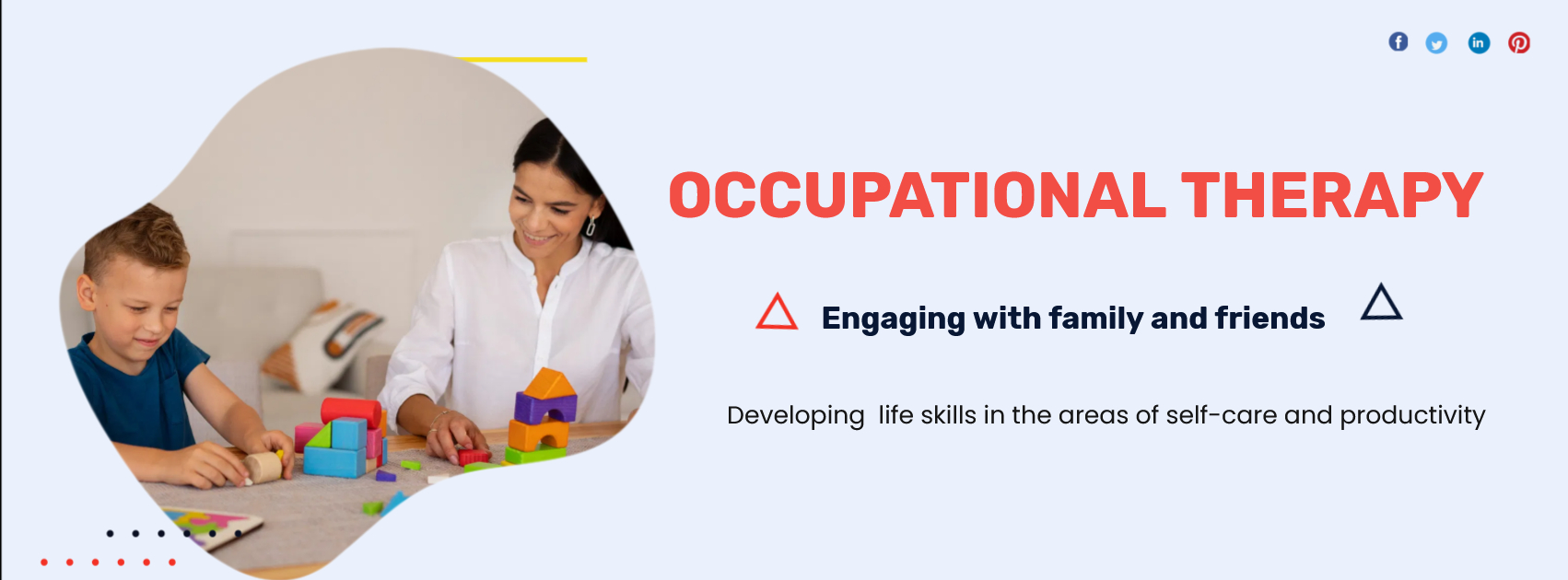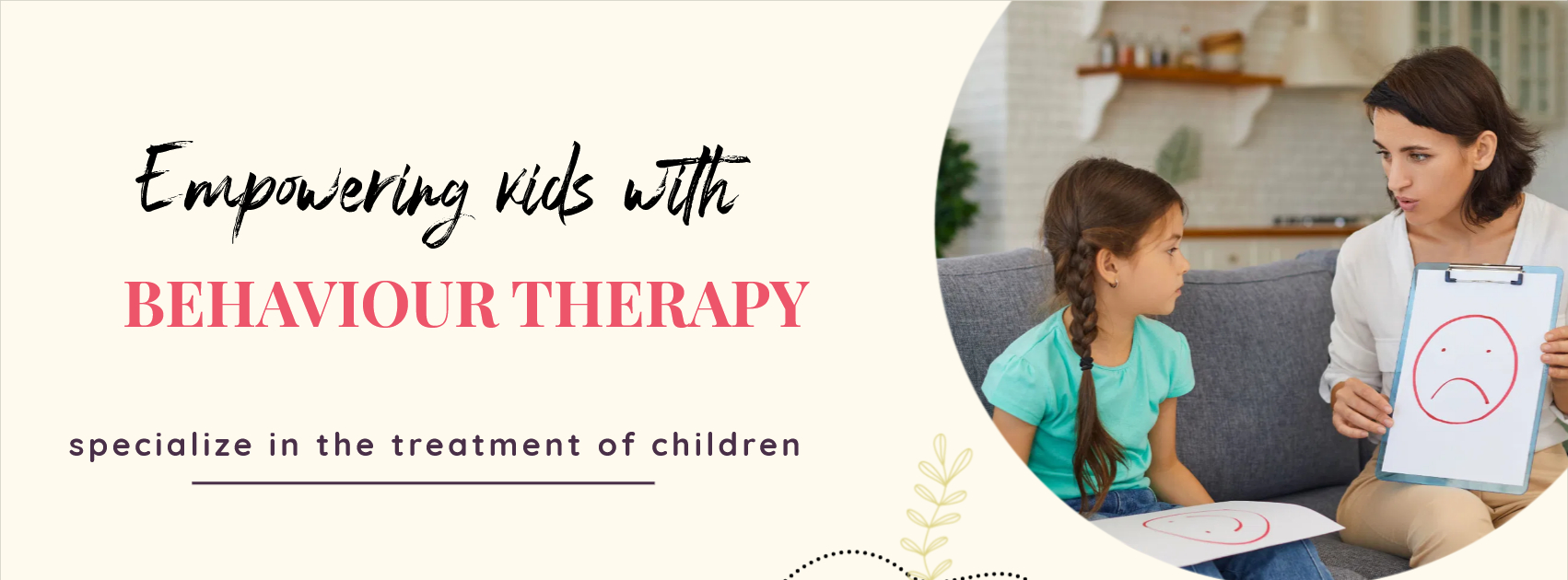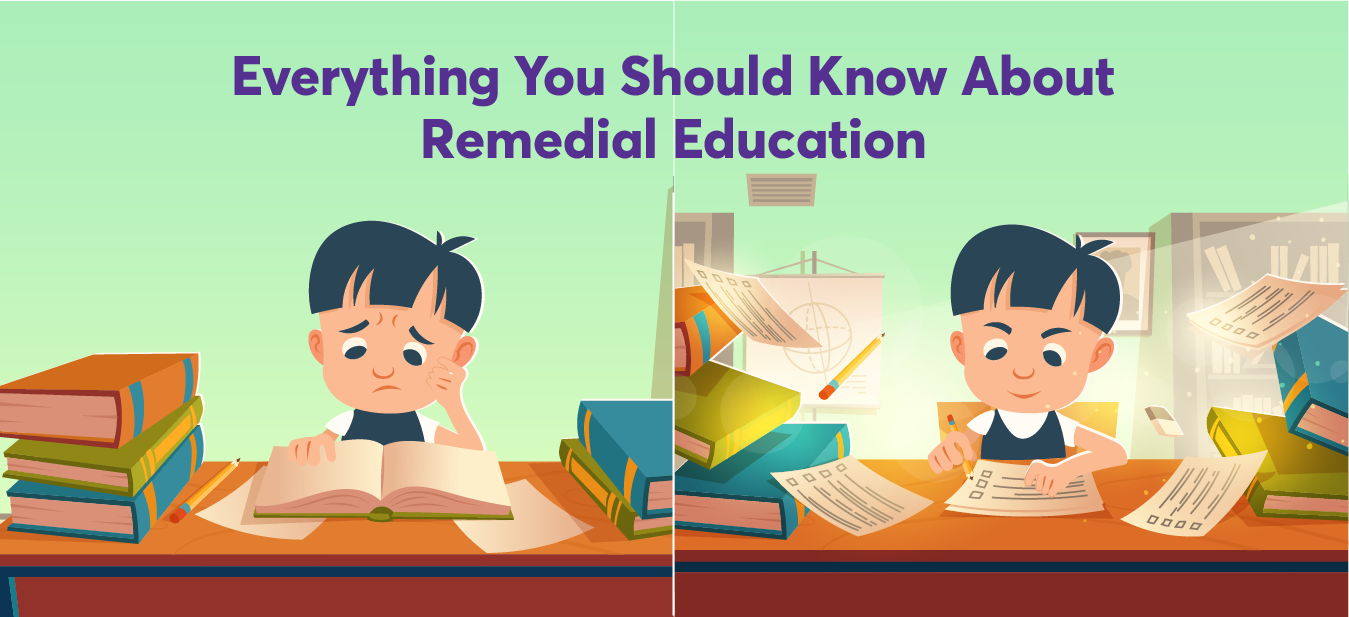
Remedial Education refers to specialized instruction designed to help students who are struggling with academic skills, particularly in reading, writing, mathematics, and other basic subjects. The goal of remedial education is to bring these students up to the level of their peers by providing additional support and tailored instruction to address their specific learning needs. This type of education is often provided in schools, colleges, and other educational settings to help students overcome academic challenges that may have resulted from learning disabilities, gaps in prior education, or other factors that hinder their academic progress.
Key Features of Remedial Education:
-
Personalized Instruction: Remedial education often involves tailored or individualized teaching strategies that cater to the unique learning style and needs of each student. This might include one-on-one tutoring or small-group sessions.
-
Focus on Foundational Skills: Remedial education targets the core skills that students struggle with, such as reading comprehension, writing, math basics, and problem-solving. It is designed to fill gaps in foundational knowledge that are essential for success in higher academic work.
-
Flexible Learning Methods: The instruction provided in remedial education is typically more flexible and adaptive to the pace and style of learning of the individual student. This can include:
- Visual aids
- Interactive learning activities
- Practical exercises
- Technology-based learning tools
-
Supportive Environment: Remedial education programs often create a non-threatening and supportive environment where students can feel comfortable and confident in overcoming their academic difficulties without fear of failure or embarrassment.
Common Areas Targeted in Remedial Education:
-
Reading and Literacy: This may involve helping students improve their ability to decode words (phonics), develop vocabulary, enhance reading comprehension, and build fluency.
-
Mathematics: Students might receive additional instruction in basic math skills, such as number operations, fractions, geometry, and word problems. The aim is to ensure students understand mathematical concepts and build problem-solving abilities.
-
Writing and Grammar: Remedial programs often focus on improving spelling, grammar, sentence structure, and essay-writing skills to help students communicate effectively in writing.
-
Study Skills: Remedial education may also include training in time management, note-taking, organization, and test-taking strategies to help students succeed in all areas of their education.
-
Language Development: For students who have English as a second language (ESL), remedial programs may focus on helping them develop proficiency in speaking, reading, and writing in English.
Types of Remedial Education Programs:
- School-Based Programs:
- Many K-12 schools offer remedial education services as part of their regular curriculum. These programs may be provided by teachers within the classroom, or students may be pulled out for special instruction.
- Individualized Education Programs (IEP): For students with specific learning disabilities, remedial education is often part of their IEP, which outlines tailored goals and services.
- After-School Programs: Some schools offer extra tutoring or academic support after regular school hours to help struggling students.
- Higher Education:
- Colleges and universities often provide remedial education to students who are not academically prepared for college-level coursework. These programs help students gain the necessary skills in subjects like math, reading, and writing.
- Developmental Courses: These are non-credit courses offered to students who need to improve their academic skills before they can take credit-bearing courses.
- Private Tutoring:
- Some students may receive remedial education from private tutors who specialize in working with students who have learning difficulties or gaps in their education.
- Online and Distance Learning:
- Many online platforms offer remedial courses that students can access remotely to work at their own pace. These courses often include interactive content, practice exercises, and assessments to help reinforce learning.
Techniques and Strategies in Remedial Education:
-
Direct Instruction:
- This is a structured, teacher-centered method where clear and specific instructions are provided to students. It is often used in remedial education to ensure that students understand key concepts step-by-step.
-
Peer Tutoring:
- In peer tutoring, students who are more advanced in certain subjects may assist their peers who need additional help. Peer tutoring can provide students with a more relatable and supportive learning experience.
-
Multisensory Learning:
- Multisensory approaches integrate various senses in the learning process (e.g., visual, auditory, and kinesthetic). For example, students may read a passage aloud, write it down, and use hand gestures or other physical activities to reinforce learning.
-
Scaffolding:
- Scaffolding involves providing temporary support to students as they learn new concepts. As the student gains mastery, the support is gradually reduced until the student can complete tasks independently.
-
Small Group Instruction:
- Working in small groups allows for more focused attention and the opportunity for students to interact and collaborate with their peers.
-
Technology-Assisted Learning:
- Remedial education programs may incorporate educational software, apps, and online platforms that allow students to practice skills, complete exercises, and track their progress.
-
Frequent Feedback and Reinforcement:
- Continuous, positive feedback helps students understand their progress and reinforces learning. Teachers may use praise, rewards, or tangible outcomes to motivate students and improve their confidence.
Benefits of Remedial Education:
-
Bridges Academic Gaps: Remedial education helps students overcome academic deficiencies, ensuring they can succeed in regular classes and keep pace with their peers.
-
Improves Self-Esteem: Students who struggle academically often experience frustration, low self-esteem, and lack of motivation. Remedial education provides the support needed to build confidence and foster a sense of accomplishment.
-
Prevents School Dropout: By offering additional support, remedial education programs can help students stay in school, avoid frustration, and ultimately graduate.
-
Promotes Lifelong Learning: Remedial education provides students with the skills and tools they need to be successful not just in school but in their everyday lives, work environments, and future learning experiences.
-
Culturally Responsive: Remedial programs can be tailored to meet the needs of students from diverse cultural and linguistic backgrounds, helping them adapt and succeed in their educational environment.
Challenges of Remedial Education:
-
Stigma: Students may feel embarrassed or stigmatized by the need for remedial education, particularly if they view it as a sign of failure. Creating a supportive, nonjudgmental environment is key.
-
Resource Limitations: Not all schools or educational institutions have the necessary resources, funding, or trained staff to implement effective remedial education programs.
-
One-Size-Fits-All Approach: Some remedial programs may not fully address the individual learning needs of students, which is why personalized and flexible approaches are often more effective.
-
Pressure and Time Constraints: Students who are receiving remedial education may be under pressure to catch up quickly, which can sometimes cause stress or overwhelm.
